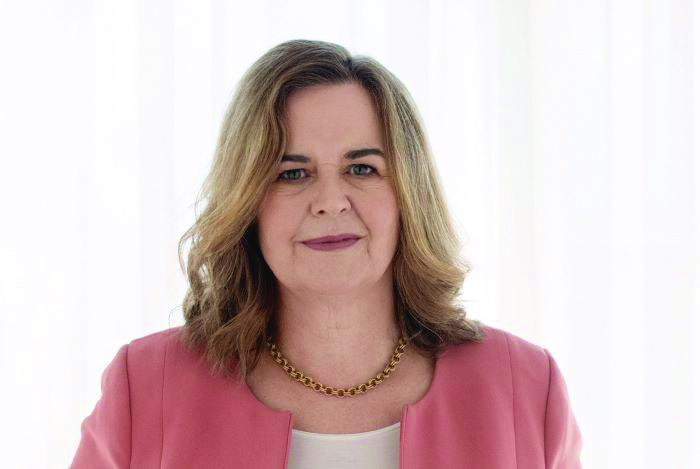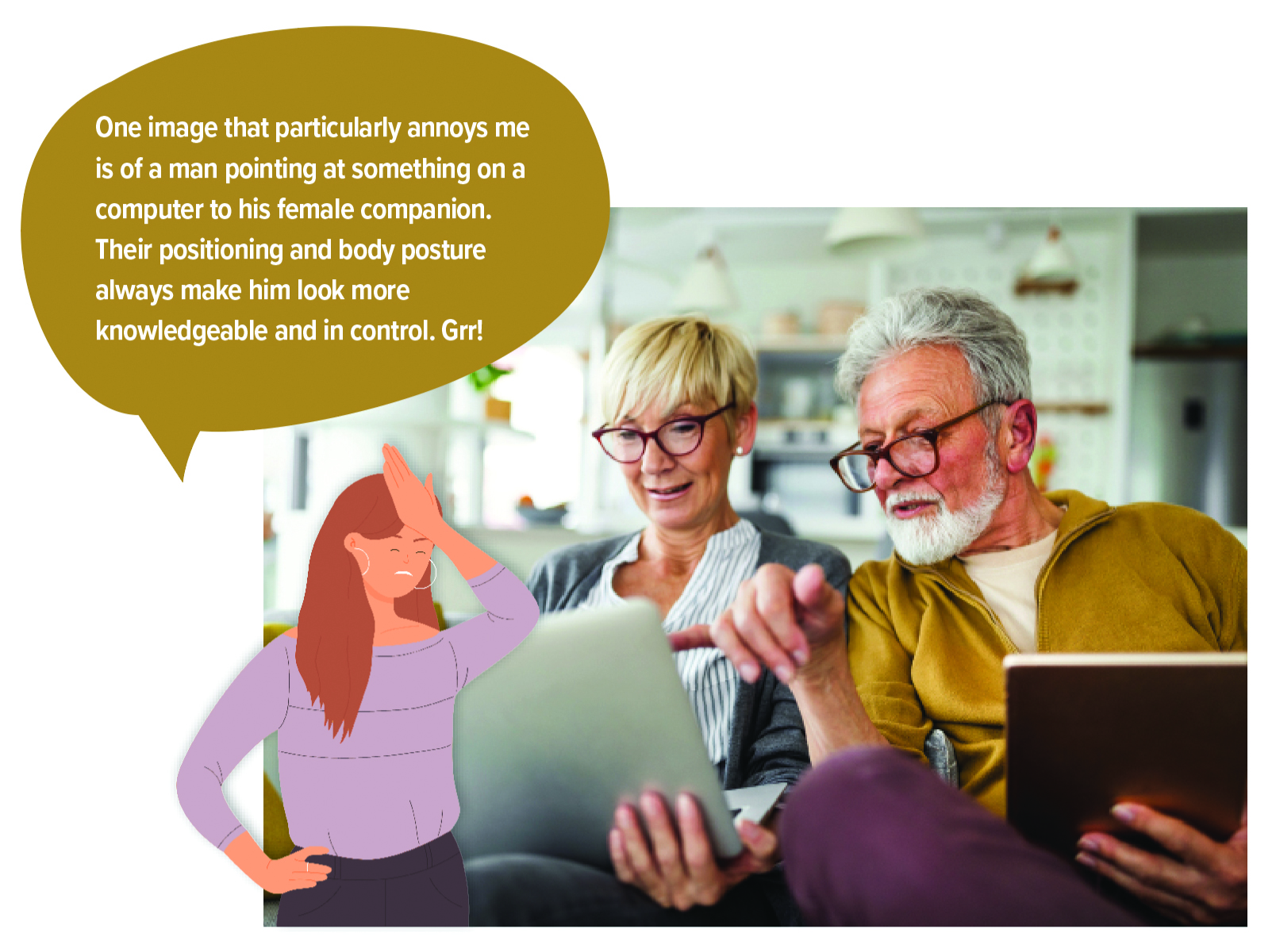
By Susan Bell, CEO, Susan Bell Research, Sydney, New South Wales, Australia, suebell@sbresearch.com.au
Two years ago, I repositioned my research agency from a “we can do anything” agency to a “we mostly do these two things” agency. This article shares my journey on why I made that decision and the challenges I faced and, hopefully, overcame.
Why I Moved Away from Being a “Generalist” Researcher
I had always been proud of being a generalist researcher. I think many researchers are. A new brief on a new topic is a wonderful opportunity to solve a new problem. Many of us love that feeling of gaining insight into a new market.
That being so, I have identified a few problems with this:
- Hundreds of my competitors feel the same way. They, too, are proud generalists. The lesson here? Generalist equals “the same as everyone else.”
- Being so open to researching anything makes it very difficult to speak the client’s language. Most buyers of research want subject-matter experts. They don’t have time to teach a new researcher the language or structure of their industry.
- The truth is, it is getting harder and harder to be on top of absolutely everything as research methods evolve and proliferate.
What I Mean by Specialist
Our industry includes two types of specialists:
- Researchers who focus only on one method, such as ethnography, archetype analysis, or eye-tracking.
- Researchers who go deep into one topic area, such as financial services perhaps, or healthcare, or government.
After a bit of a detour—more about that below—I have now established myself with one of each:
- From a method point of view, I specialize in message testing—broadly, across markets.
- From a topical point of view, I specialize in the retiree market—using methods ranging from customer journeys and in-depth qualitative research to large-scale surveys.
A Detour into Sensemaking
My first attempt at specialization failed. About five or six years ago, I became passionate about the idea of sensemaking. Sensemaking is the study of how people make sense of things. I believe that this is something that people do when they have to make difficult decisions. Researchers make sense of things, too, when faced with complex data.
I thought, wrote, and talked about sensemaking. What I didn’t do was sell any sensemaking research! The truth was that it wasn’t a commercial proposition. Clients did not know what I was selling because I didn’t know what I was selling. If you want to specialize, you need to choose something that is commercially viable.
The Two Things I Chose to Specialize In
Lesson learned, I decided to specialize in one method—complex message testing—and one topic area—retiree insights.
The first of these was an easy choice because my agency had already been doing quite a lot of message testing. We were fortunate to win projects for one of Australia’s largest financial services firms, which then led us to conduct related testing for other commercial and government organizations. I love this work; there is demand for it, and I want to keep doing it.
The second one—retiree insights—meant leaping into new territory as we had only done a little bit of work in this market segment.
How and Why I Chose Retiree Insights
Let me share more about what I mean, as this may be a useful thought-starter for anyone interested in starting their own specialization journey. Given this was a new area, why did I decide to focus on it?
Three things happened at around the same time that made it seem like the right thing to do.
It was personal.
I turned 65 in 2021. Sixty-five is a symbolic, iconic number in Western societies. For a long time, it has heralded the start of retirement. I felt that I, too, should start to think about retiring.
The trouble is—I don’t want to. When I turned 65, I felt just the same as when I turned 35, 45, and 55. I love the work I do and thought I would keep doing it.
Thinking about retirement, I also realized that no one was talking to me about retirement on my terms. As a woman running a boutique research agency who could choose how to spend her time, I simply do not relate to the common visual images of retirement in Australia. One image that particularly annoys me is of a man pointing at something on a computer to his female companion. Their positioning and body posture always make him look knowledgeable and in control. Grrr! Further, whenever the media wanted to talk about this age group, they always seemed to choose images of sedentary white-haired people, to which I could not relate.
 I kept seeing doom and deficit narratives about retirement.
I kept seeing doom and deficit narratives about retirement.
In recent years, I have noticed a raft of public reports and news articles coming out about people over 60 that had “doom” or “deficit” narratives.
- Doom news articles and reports tell us how retirees will not have enough money to retire on, as if there is some magic figure that applies to everyone.
- Deficit news articles and reports tell us how people decline as they age, often listing the physical and cognitive declines in detail. One list I saw named about 20 of these problems. These lists are misleading. They imply that everyone who ages will suffer from everything on the list all at the same time, suggesting that we will all lose our eyesight, hearing, cognitive capacity, and more in our 60s. It doesn’t work like that. Most people have only a few of these problems, and they experience them gradually over a 20- to 30-year period.
The Australian government became serious about retirement.
In 2021, the Australian government drafted legislation for what became its Retirement Income Covenant, which went into effect in July 2022. This basically was the Australian government saying to the superannuation industry: you must prepare and publicize your retirement income strategies, assess your existing products, and update your planning, among other things.
Here, I need to share a bit of background info about Australia’s superannuation system. Basically, employers are required by law to pay a proportion of their employees’ wages into one of the many superannuation funds as a form of saving for retirement. When you retire, you can access the money in different ways.
All in all, I felt that this market needed insights from great research, especially qualitative research.
The over-65 market had been ignored by marketers for so long that businesses and the government had no data. All they had were their assumptions, based usually on personal anecdotes about how their elderly mum couldn’t use an iPhone. They needed to learn what was going on in the hearts, minds, and lives of people approaching, ignoring, moving through, and living in retirement.
Together, these three factors—feeling left out by messaging to retirees, dismayed by narrow doom and deficit narratives, and new legislation demonstrating concern for retirees—settled the question: I would specialize in retirement topics.
Did It Work?
I believe that we have been able to bring new thinking to this market sector.
As an example, think about the language that is typically used. Marketers and policymakers tend to put people into two categories, “pre-retirees” and “retirees.” This is too simplistic. In reality, we have shown that there are people who are:
- Planners: People approaching retirement age who are planning what and when they will retire
- Ignorers: People approaching retirement age who are ignoring and denying any thought of retirement
- Forced retirees: People who were or will be forced to retire (ill health, retrenchment, ageism, etc.)
- Never work again-ers: People who have retired who have chosen never to work again
- Gig economy retirees: People who stopped working at their main job in their 60s and chose to do something else, e.g., join the gig economy
- Returners: People who went back to a job similar to the one they used to hold, but perhaps part-time
- And others!
Researching the Retiree Market—the Challenges
There were significant challenges in communicating why it made sense to specialize in this market.
One challenge is getting across the message that “65-plus” is as useful a demographic as “18-plus.”
In the years after 65, people change in so many ways. Being 65 is not the same as being 75 or 85. In our research, we make sure to set specific quotas for 65- to 69-year-olds, 70- to 74-year-olds, and so on.
From a practical research point of view, we have had to develop some new ways of thinking about how to access this market.
Online panels have been great for the 65 to 75 age bracket.
- In this country, most people in this age group have access to technology. Online surveys and Zoom one-on-one interviews have worked very well for us for this age group with very few problems.
- Having said that, surveys by the Australian Communications and Media Authority (ACMA) report that older Australians are worried about keeping up with the pace of technological change.1
Research with people 75 to 85 is more difficult. Mixed methods are a must.
- There are fewer people of this age on our online panels, so we need to find new ways to source our sample.
- Certainly, the idea of a “representative sample” among this age group is simply not practical.
Methodology Choice for Retirees
Being able to bring qualitative insight to this market in Australia has been hugely beneficial. Most of the data used by industry in the past had been surveys, often written using industry concepts and assumptions. Understanding this market from the point of view of the people going through it has been eye-opening for many people.
From a method point of view, face-to-face in-venue interviews and groups have worked well, but these are restricted to the major cities—which is a bit of a problem when there is something of an exodus from the cities among this age group. Once set up, Zoom also works well for people whose hearing is failing because you can show your questions on the screen, but we have needed to allow set-up time in a few cases.
Older people with arthritic fingers can’t hold phones for a long time—so for them, long phone-qual interviews are not always the answer, but they have been OK for short surveys.
Ultimately, we need to give people the choice of how we interact with them.
Do I recommend changing from a generalist to a specialist agency?
Yes, but it’s not easy.
- You must teach yourself as much as possible about your chosen topic. Being a specialist means being an expert. This takes time and money.
- You need to get yourself noticed. Spend time on LinkedIn. Go to conferences. For example, I have been attending conferences put on by the retirement industry; I am there to learn and to network, however challenging that networking approach can be. Walking into a room full of unfamiliar faces is not for the faint-hearted.
- Pick your topic carefully. You will spend a lot of time on it. Make sure it is your passion, or you will quickly become bored and restless.
- You have to be prepared to turn work away that is off-topic and perhaps live with a bumpy cash flow for a year or two. As I mentioned above, I chose to specialize in communications testing as well, which removes some of the risk. There is some synergy between the two as well.
Is Specializing Worthwhile?
Very much so! As a subject matter expert, you are in a position to build stronger relationships with clients. What you offer is valuable.
Content marketing is easier because you don’t need to keep searching for new topics.
Even deciding which events to attend from all the webinars and conferences that fill my LinkedIn feed is easier.
To conclude, that is my story of how and why I moved from being a generalist researcher to a specialist, and more than that—a specialist in a very under-researched and misunderstood market.
Like many researchers, I like to feel that what I do adds value to the world. In this case, I think I am helping people see individuals of retirement age in a very different light.




